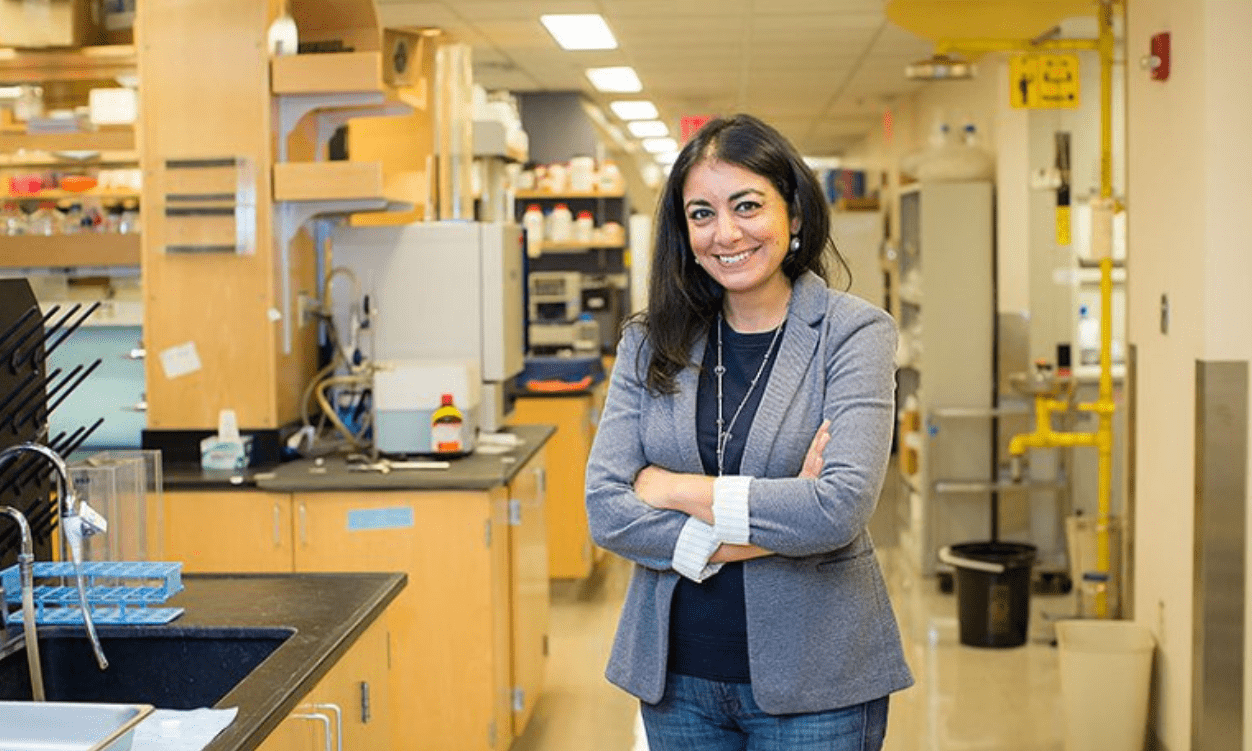
Ghazaleh Sadri-Vakili. Mass General Research Institute via Twitter
Mass General team presents mouse data to back the case for using reformulated asthma drug to treat ALS
Can a reformulation of an old drug on the market for asthma, allergy and mastocytosis protect against liver disease, Alzheimer’s, and amyotrophic lateral sclerosis? …
Sign up to read this article for free.
Get free access to a limited number of articles, plus choose newsletters to get straight to your inbox.